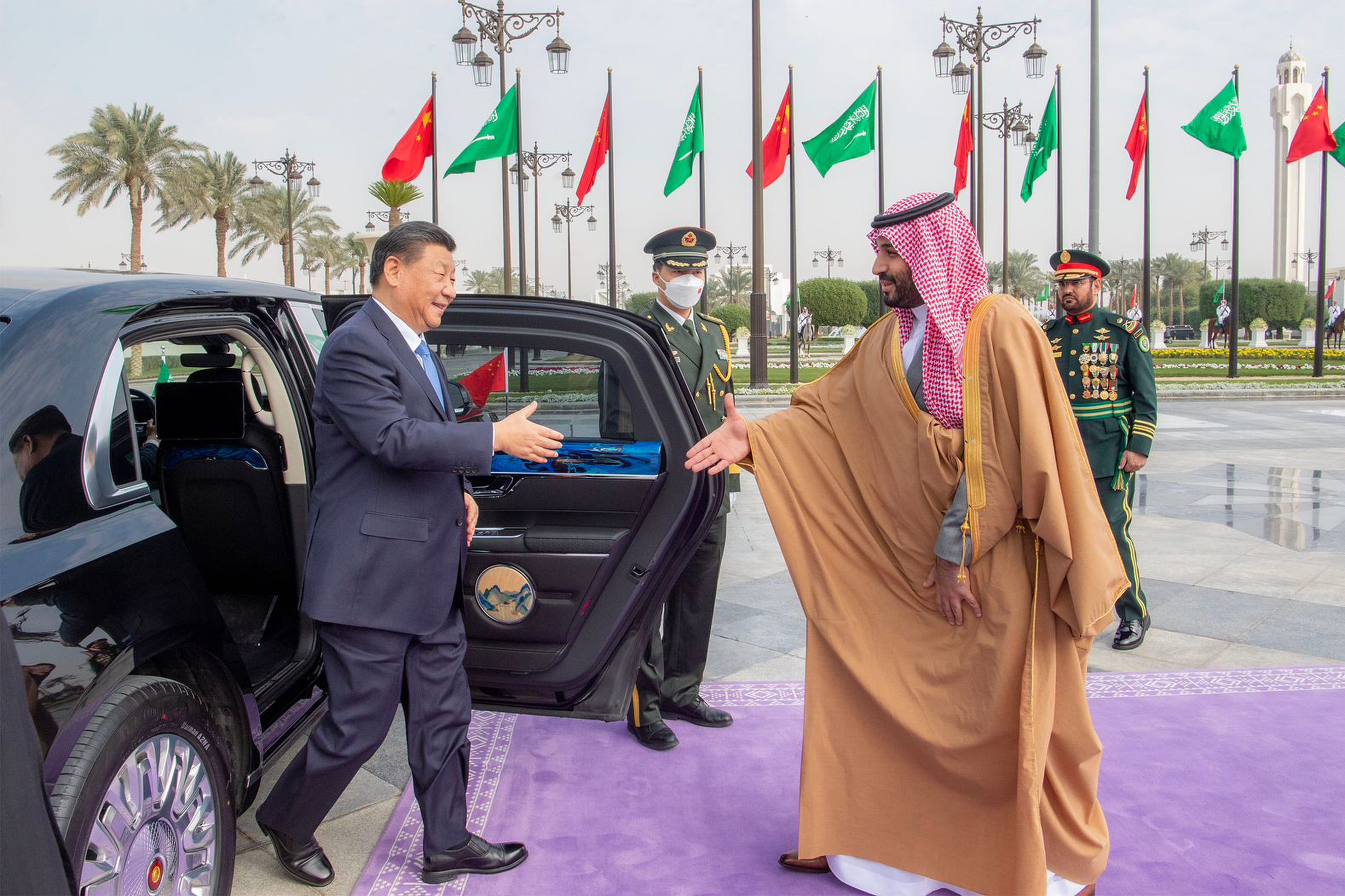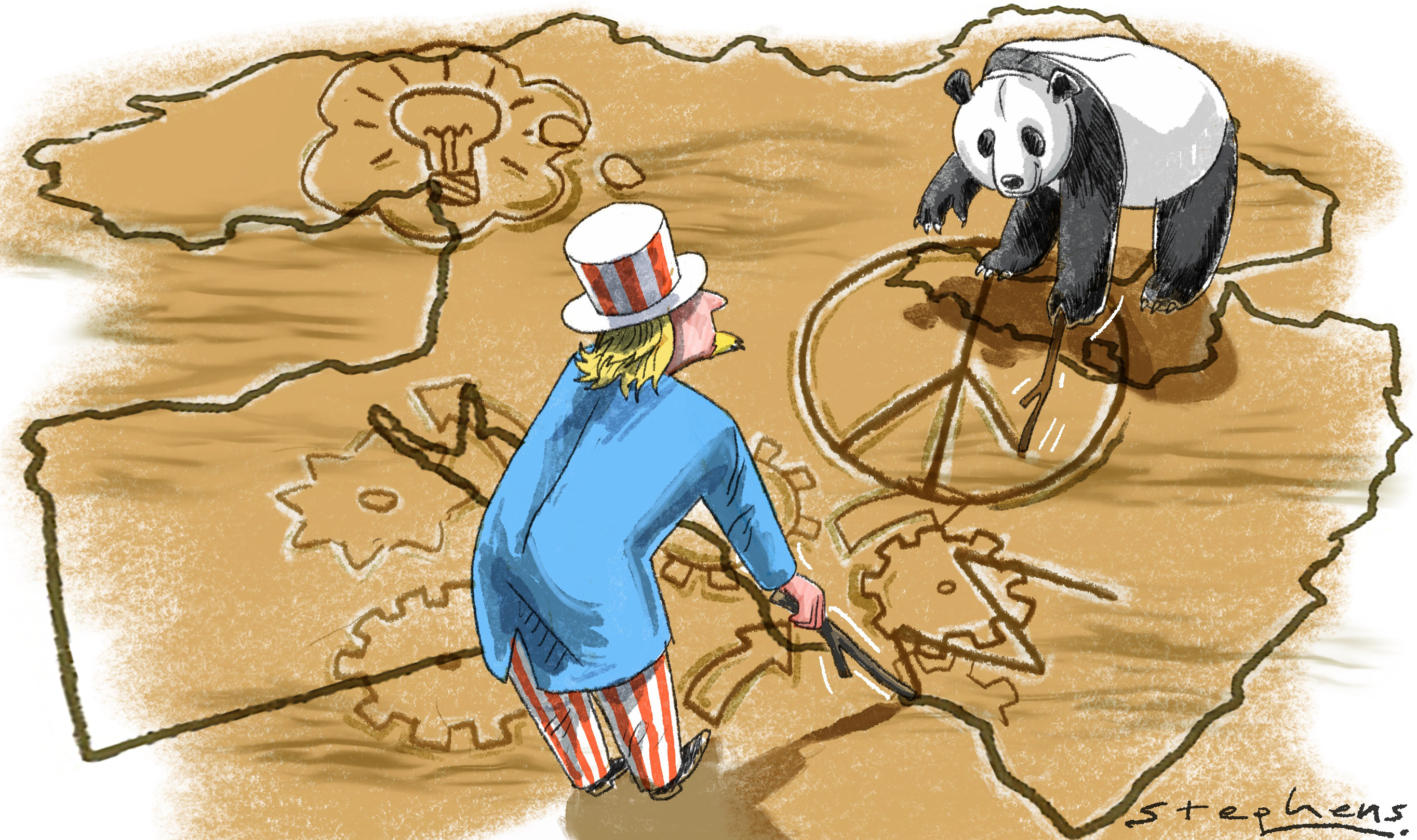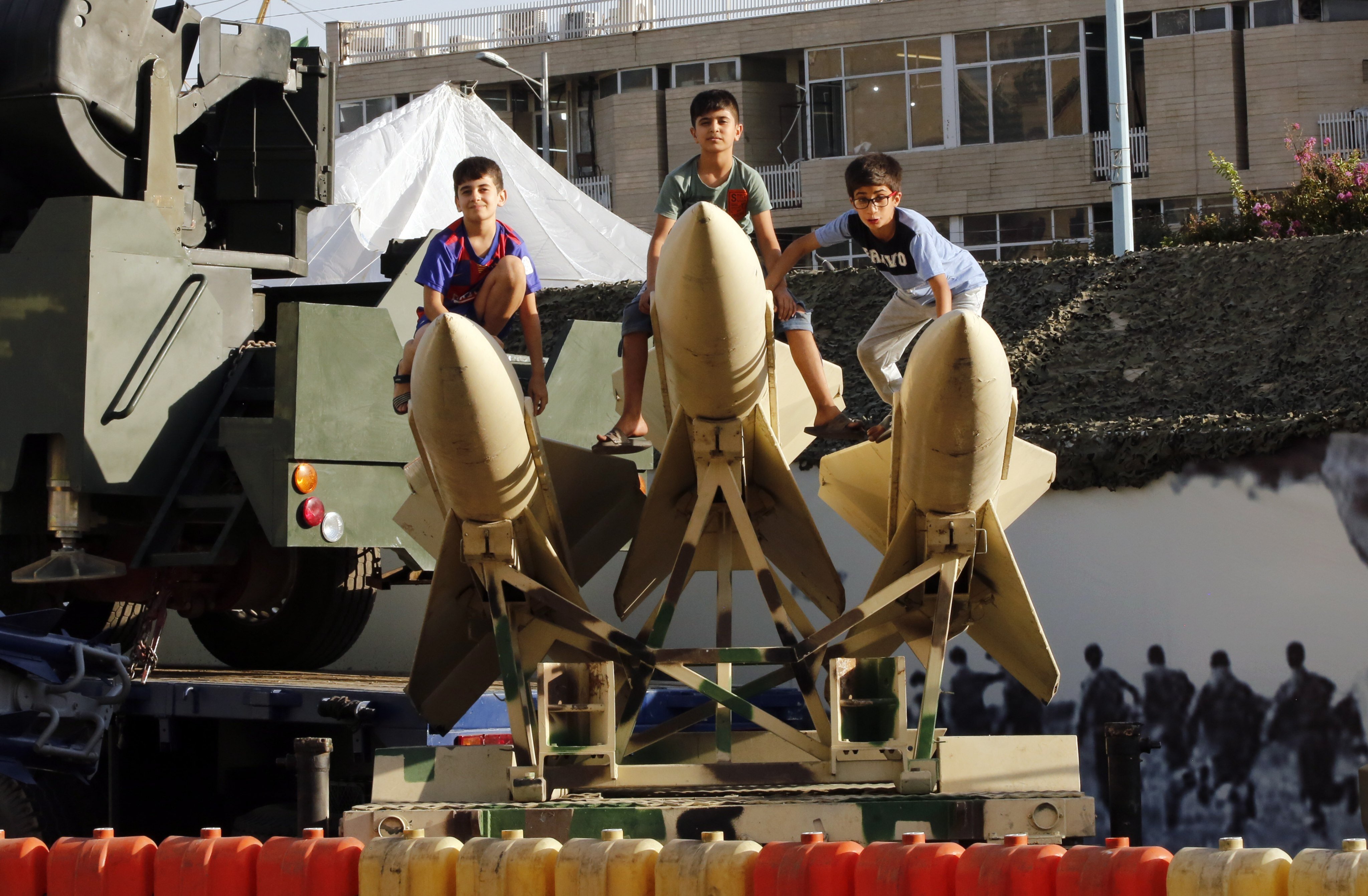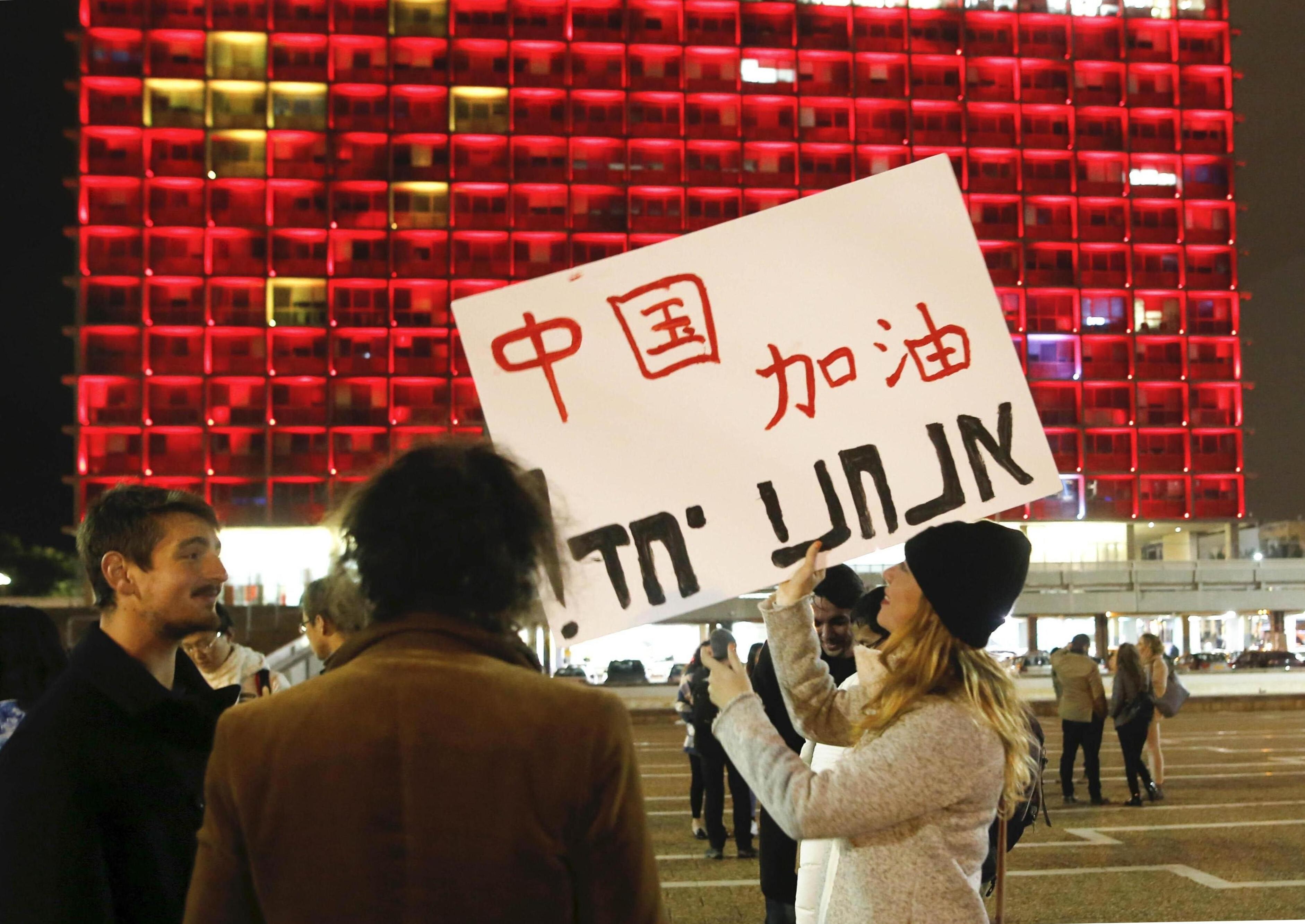
China is projecting itself as an alternative to the US but how that strategy will fare in the long run against America’s political and military power remains uncertain.
For Gulf leaders looking to build digital and green economies, China is a valuable partner in infrastructure investment and technology transfer. At the same time, Beijing is enjoying the chance to extend its influence, including among US allies.
With Iranian nuclear talks set to resume, the Middle East is at a critical juncture. The US and China could turn it into another playing field for competition – or they could cooperate to ensure stability.
It is unlikely China will endanger relations with Saudi Arabia and other Arab countries in favour of Iran. While Tehran hopes to benefit, both sides are aware this is not an agreement among equals, as Iran needs China much more than China needs Iran.
China has courted the Middle East with offers of investment and technology. However, Beijing is wary of the region’s instability, and remains sensitive to American influence, which Biden might seek to reassert.




